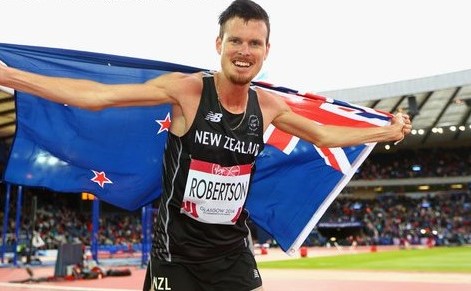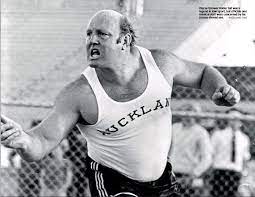Pushing The Boundaries
0When Zane Robertson and his twin brother Jake upped sticks and moved to Kenya at the tender age of 17, there were a few raised eyebrows. After all, Hamilton to Nairobi is quite the distance, culturally and physically. Staunch anti-drug advocates, voicing strong opinions on those who chose to cheat in their chosen sport, they claimed to have moved there to train at high altitude and learn from the best . They were determined to soak up every last drop of work ethic, knowledge and local knowhow.
For Zane anyway, that has now come crashing down, and he has been exposed as a fraud. After a lengthy investigation, the Sports Tribunal determined that he had breached a number of anti-doping regulations and was slapped with a four year ban “for the presence and use or attempted use of the prohibited substance Erythropoietin (EPO)”. Zane Robertson then decided to play a very dangerous, and ultimately stupid, game of chance.
For starters, he was found to have falsified records, claiming that he had unknowingly received the shot of EPO when he thought he was being vaccinated against Covid-19. Yes, really. Zane Robertson then provided false testimony, meaning that his ban was doubled to eight years, in essence ending his career.
Coincidentally or not, that local Kenyan “knowledge” has been questionable for some time. Their drug testing regime is as brittle as Jamaica and Russia and the use of performance enhancing drugs – and the associated masking agents – in the sport there has previously been labelled as an epidemic.
But Zane Robertson is not the only New Zealander to have been caught using performance enhancing drugs.
Relative unknown marathon runner Liza Hunter-Galvan moved from Auckland to the USA in her teens, before representing her native country in the 2004 and 2008 Olympic Marathon. She finished 51st and 35th respectively, which resulted in a somewhat troubled relationship with Athletics New Zealand.
After a number of personal battles, Hunter-Galvan knowingly opted to inject herself in 2009 with EPO on three occasions. A random drug test detected the cheating method, and she was banned for two years. At the age of 40, and with little support from her home country as a result of her cheating, Hunter-Galvan’s career was as good as over.
One of the more bizarre positive results was from New Zealand tennis player Mark Nielsen. Had he come clean on his 2006 Australian Open drug declaration that he was taking anti-balding medication at the time, he would have been fine. However, Nielsen failed to do so, and the subsequent testing showed signs of finasteride which is often used as a masking agent. He was banned from tennis for two years, simply because he was too embarrassed to admit he was losing his hair.
More recently, in 2022 horse trainer Rochelle Lockett supplied a positive methamphetamine drug test to officials. Whilst it would be a stretch to say that the use of methamphetamine as a horse trainer is performance enhancing, it may well be the case if the horse tested positive. Lockett’s runner Be Flexi did just that after winning a race earlier in the year, and the subsequent enquiry uncovered her habitual drug use.
Although there was nothing to suggest Lockett’s guilt in doping the horse itself (deliberately anyway), Locket received a three year suspension from racing.
Yet perhaps the saddest story of all is that of larger-than-life character Robin Tait. A Commonwealth Games gold medallist in the discus, Tait was also flagbearer at the 1982 Games. However, his career was blighted by controversy, and he was quite open about his use of performance enhancing drugs, often returning to New Zealand after a big meet without his team gear – it had been swapped for steroids.
In reality, the only reason Tait was never caught was because he was never tested. During his era, the option to use steroids was more of a moral choice, and in a report following the 1972 Munich Olympics – where the New Zealand Olympic Committee highlighted reports of systemic drug use in both the Weightlifting and Track and Field team – Tait was the only athlete officially named, however, weightlifter Graham May also later confessed to steroid use.
By 1984 the controversial, yet popular, Robin Tait was dead at the young age of 43, largely as a result of his history with alcohol and drug abuse. It was a sad end to an often tumultuous life.
Follow Keith on Twitter


